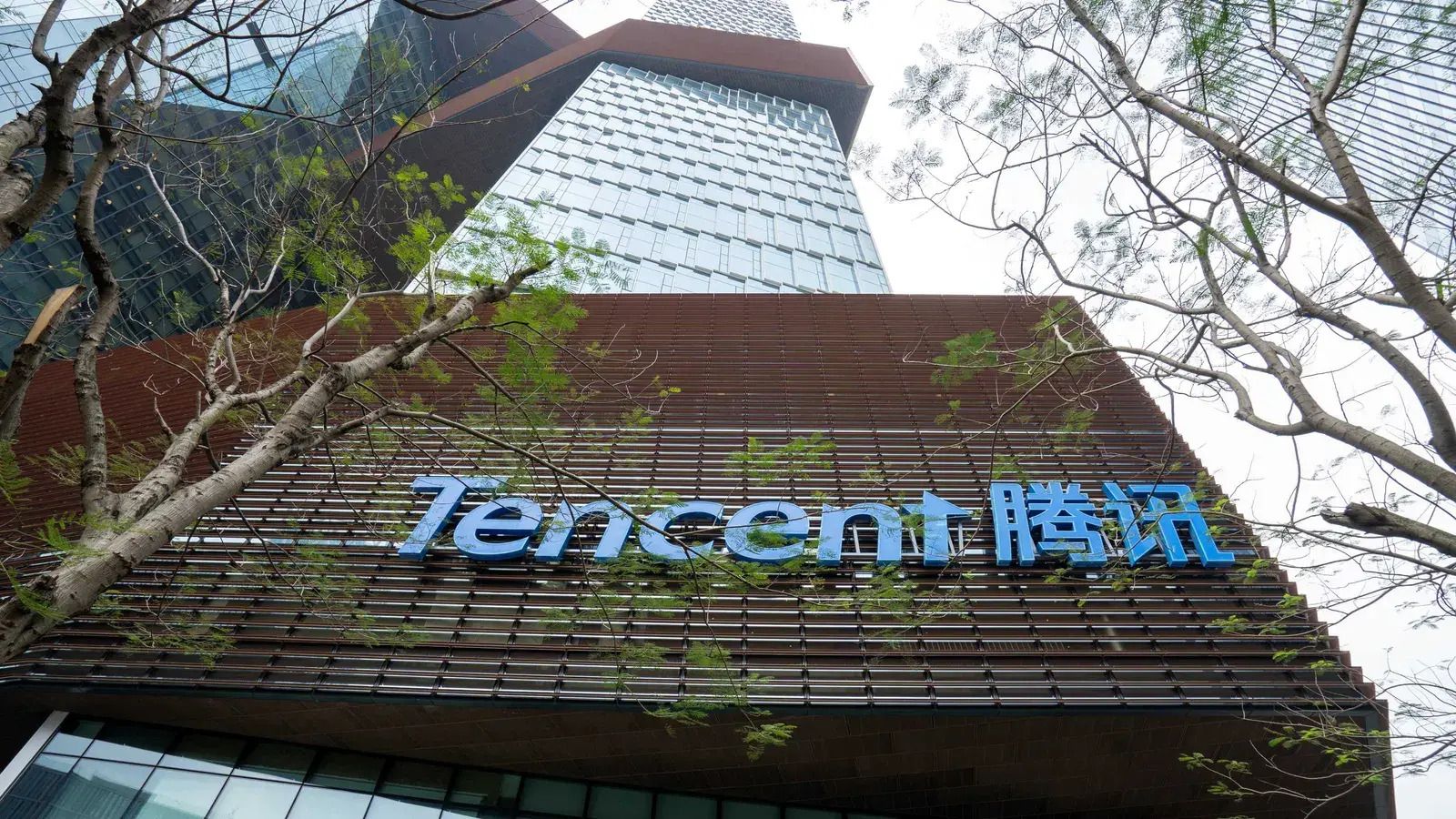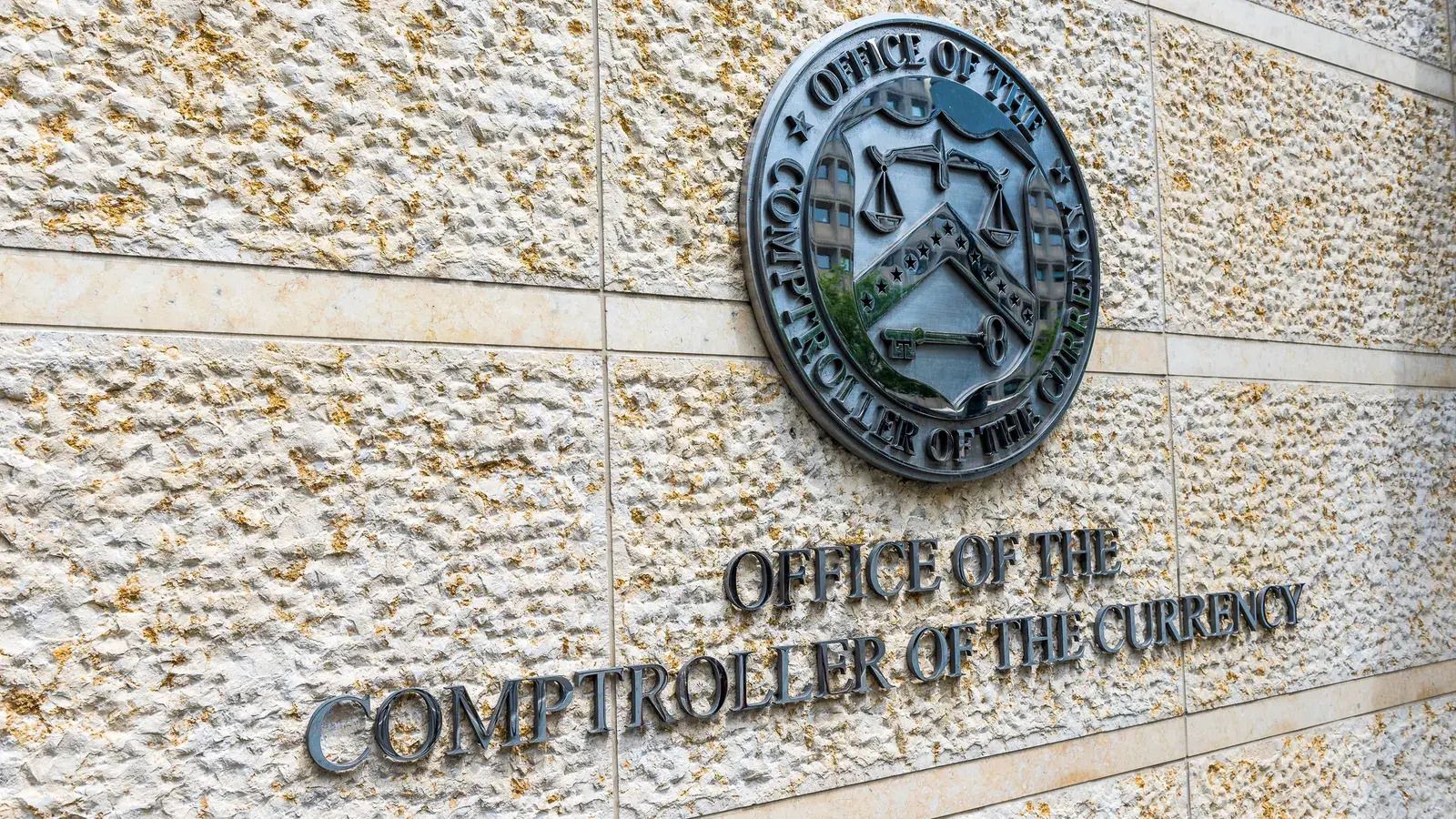- Money Explored
- Posts
- 🔒 Oversight Ends Early
🔒 Oversight Ends Early
Fintech’s eating the world—don’t get left behind in 2025! If you haven’t already, check out our FREE Spot The Next Big Fintech Guide
Hey Fintech Explorers—Welcome back to Money Explored, your essential Sunday newsletter to stay ahead in fintech!
This week, a regulator unexpectedly eases up on two U.S. giants, a cross-border payments deal faces political fire, and the industry rallies against a fraud wave threatening consumer trust.
You’ll also want to keep reading for this week’s sponsor, The Hustle Daily, whose free guide breaks down 200+ AI side hustles you can start right now.
Here’s what we’re diving into:
Oversight cut short for two household names 🔒
A major payments player under political scrutiny 🔍
Why fraud is forcing calls for a national strategy 🤝
Plus: a debit card sign-up frenzy, an Indian fintech filing for IPO, and new digital euro trials on the way.
It’s all happening—and that’s just the start…
First time reading? Sign up here to join 10,000+ readers staying ahead in fintech every Sunday.
Let’s dive in!
🌎 3 Major Stories
Dive into this week’s top Fintech developments.
CFPB Cuts Apple, U.S. Bank Oversight Early 🔒

Picture Credit: Abdul Saboor / Reuters
The Big Story 📰: The Consumer Financial Protection Bureau (CFPB) has announced the premature termination of oversight agreements with both Apple and U.S. Bank, marking a significant shift in enforcement under the current administration. These settlements, implemented during President Biden's term, originally imposed strict compliance measures for five years to address consumer protection violations linked to the Apple Credit Card and U.S. Bank's handling of unemployment benefits during the pandemic. Apple paid a $25 million civil penalty for mishandling transaction disputes, while U.S. Bank paid $15 million for blocking access to benefits. This early closure of settlements reflects a broader trend of reducing regulatory scrutiny, reminiscent of strategies employed during the Trump administration.
Key Takeaway ⚡️: The CFPB’s decision to end monitoring for Apple and U.S. Bank raises important questions about the future of consumer protection in financial technology and banking. With reduced oversight, companies might see increased leeway, potentially leading to innovation but also posing risks to consumer rights. For fintech enthusiasts and industry professionals, this shift signals a critical moment for stakeholders: balancing regulatory compliance with the freedom to operate can affect customer trust and market dynamics. The landscape is evolving, and companies must remain vigilant to ensure they prioritize consumer protection even in an increasingly lenient regulatory environment.
PayPal's China Deal Under Fire from U.S. House 🔍

Picture Credit: Habapaba via Getty Images
The Big Story 📰: The U.S. House Select Committee on the Chinese Communist Party is closely scrutinizing PayPal Holdings regarding its recent partnerships with Tencent Holdings. This scrutiny involves requests for detailed information on PayPal's anti-money laundering policies, risk assessments, and communications tied to their collaboration with Tenpay Global, Tencent's cross-border payment service. The committee is concerned that these integrations could facilitate illicit financial activities by reducing necessary safeguards, potentially allowing criminal networks to exploit PayPal as a payment platform. PayPal asserts its commitment to preventing illicit use of its services, emphasizing its global resources devoted to compliance with financial crime regulations.
Key Takeaway ⚡️: PayPal's ongoing partnerships with Tencent have thrust the company into the spotlight amid fears that these agreements might inadvertently assist money laundering and other criminal activities. For fintech stakeholders, this situation underscores the pressing need for stringent compliance measures and robust risk assessments, especially for companies involved in cross-border transactions. As regulators increase scrutiny around fintech integrations, it's imperative for businesses to ensure they are equipped with effective anti-money laundering frameworks. Ultimately, this case will likely influence how financial technology companies navigate regulatory landscapes while striving for innovation and connectivity in global finance.
Tackling Payments Fraud: A Unified Front Needed 🤝

Picture Credit: Getty Images
The Big Story 📰: The growing tide of payments fraud has prompted a significant response from various financial institutions and fintech companies. In light of a June request for input from regulatory bodies, nearly 200 comments were submitted detailing strategies to combat this escalating threat. Many industry leaders, including the Financial Technology Association and Early Warning Services (the operator of Zelle), stressed the importance of a coordinated national fraud strategy. They proposed creating a federal task force incorporating both payment organizations and tech companies to enhance information sharing and consumer education. With fraud losses on the rise, collaborative efforts across sectors are seen as essential to effectively tackle these issues.
Key Takeaway ⚡️: The emerging focus on payments fraud signifies a pivotal moment for both regulators and fintech firms, calling for enhanced collaboration and innovative solutions. The proposed task forces and strategies aim to unify efforts across various sectors, recognizing that fraud detection can’t be solely in the hands of financial institutions. This movement is set to reshape the landscape of consumer protection in finance, urging an industry-wide embrace of advanced fraud detection tools and a more unified regulatory framework. These developments are crucial for sustaining consumer trust and preventing financial losses as the payments ecosystem continues to evolve amidst increasing fraud challenges.
A Message From The Hustle Daily
200+ AI Side Hustles to Start Right Now
From prompt engineering to AI apps, there are countless ways to profit from AI now. Our guide reveals 200+ actionable AI business models, from no-code solutions to advanced applications. Learn how people are earning $500-$10,000 monthly with tools that didn't exist last year. Sign up for The Hustle to get the guide and daily insights.
🔍 What Else We’re Watching
Keep an eye on these evolving Fintech Narratives.
Klarna Hits the Ground Running: 1M Debit Card Sign-Ups! 🚀: Klarna is celebrating a major milestone, with over one million Americans signing up for its debit card within just 11 weeks of launch. Since unveiling the Klarna Card on July 4, the company has seen an astonishing rate of about 13,000 sign-ups per day, peaking at 50,000 on September 23. Klarna's chief marketing officer, David Sandström, notes this impressive response reflects strong consumer demand for flexible payment options that combine the ease of a debit card with credit-like versatility. Following this success, Klarna is now eyeing expansion into additional European markets.
PhonePe Files for IPO, Eyes 2026 📈: PhonePe, Walmart's fintech gem and India's leading payment app, has officially filed for an IPO, targeting a mid-2026 listing. The offering could raise about $1.35 billion as major investors like Walmart, Microsoft, and Tiger Global consider selling shares. While the IPO is still in the preliminary stages via a confidential route, it highlights the momentum in India's booming primary market, where fundraising is set to explode beyond $20 billion in 2024. With a 45% market share in UPI transactions, PhonePe is poised to shake up the fintech landscape further.
ECB Preps for Digital Euro Trials 💶: The European Central Bank (ECB) is now gearing up to conduct new experiments in 2026 to explore the functionalities of a digital euro. This initiative is part of its strategy to enhance the euro zone's financial independence from the U.S. Recent trials have shown promise for the digital euro as a tool for facilitating automated payments in areas like public transport and specific reimbursements. The ECB's commitment to innovating in the digital currency space signifies a significant step towards modernizing Europe’s financial infrastructure. Stay tuned for how this might reshape transactions!
💸 Major Money Moves
Tracking big market shifts in Fintech this week.
Tipalti Lands $200M Funding Boost! 🚀: Finance automation heavyweight Tipalti has secured a hefty $200 million in growth financing from Hercules Capital. This fresh capital will fuel their investments in AI and product innovation, emphasizing the increasing need for efficiency in finance operations. With over 5,000 global companies in its portfolio, Tipalti recently surpassed $200 million in annual recurring revenue, underscoring its pivotal role in accounts payable automation and global payments. The fintech is also enhancing its AI capabilities with new context-aware agents to streamline repetitive tasks, a game-changer for its clientele.
Tide Joins Unicorn Ranks with $120M 🤯: UK fintech startup Tide has leaped into the unicorn club after raising $120 million, achieving a valuation of $1.5 billion. The funding, led by private equity giant TPG along with existing investor Apax Digital Funds, aims to fuel Tide's international expansion and boost its use of agentic AI technologies. Founded in 2017, Tide has quickly become a key player by providing small- and medium-sized businesses with essential services like accounting, invoicing, and website creation. With TPG's backing, Tide’s CEO Oliver Prill believes they can accelerate their growth and enhance their innovative capabilities.
Zilo Scores £20M for Growth! 💸: London-based transfer agency provider Zilo has successfully raised £20 million ($27 million) in its Series A2 funding round, led by Canadian VC firm Portage. Founded in 2020, the firm specializes in cloud-native services that help asset and wealth management firms ditch outdated software. This funding round achieved a higher valuation than Zilo's earlier £25 million Series A in January. The company aims to expand into strategic markets and launch AI-powered tools to streamline operations in the global asset management sector. Looks like Zilo is just getting started!
Thanks for reading and have a relaxing Sunday,
Derek,
Editor, Money Explored.

